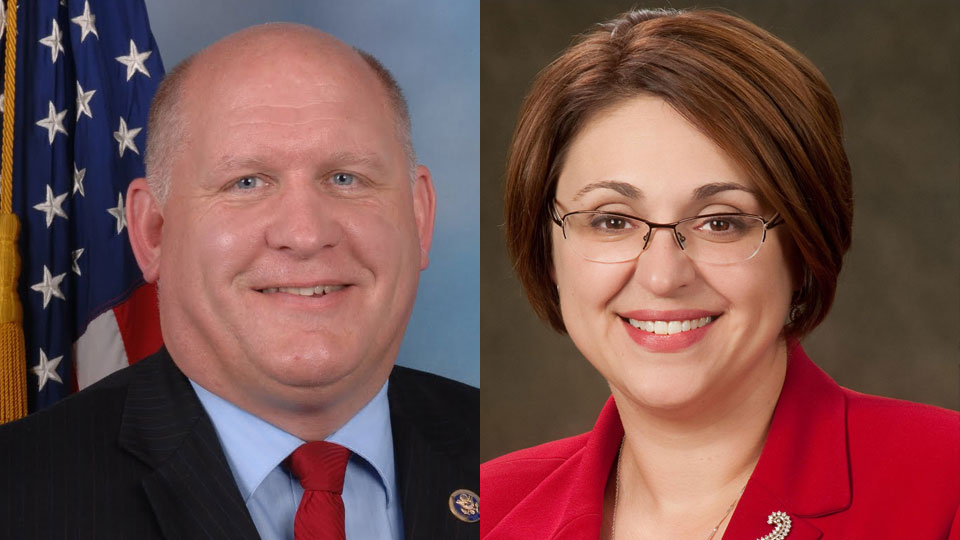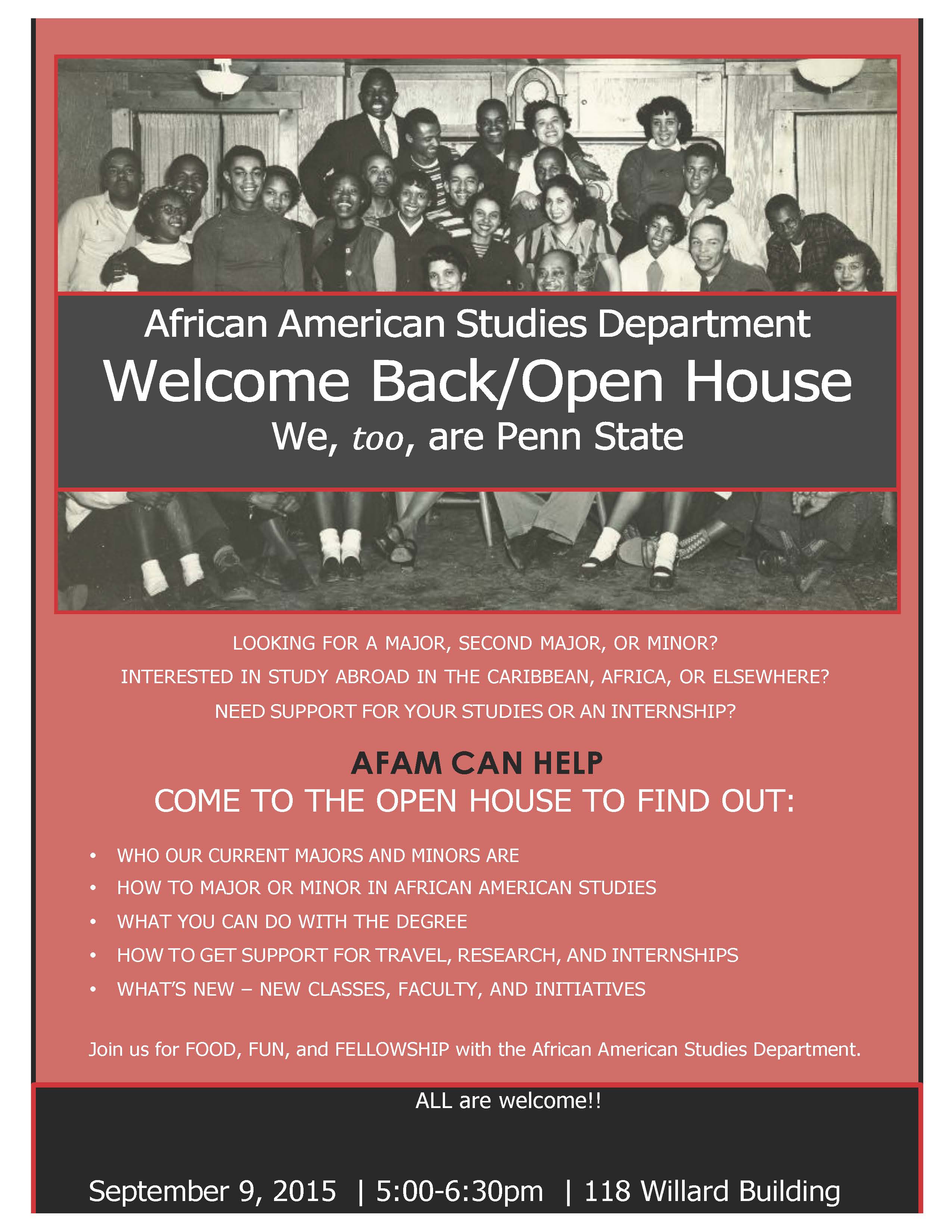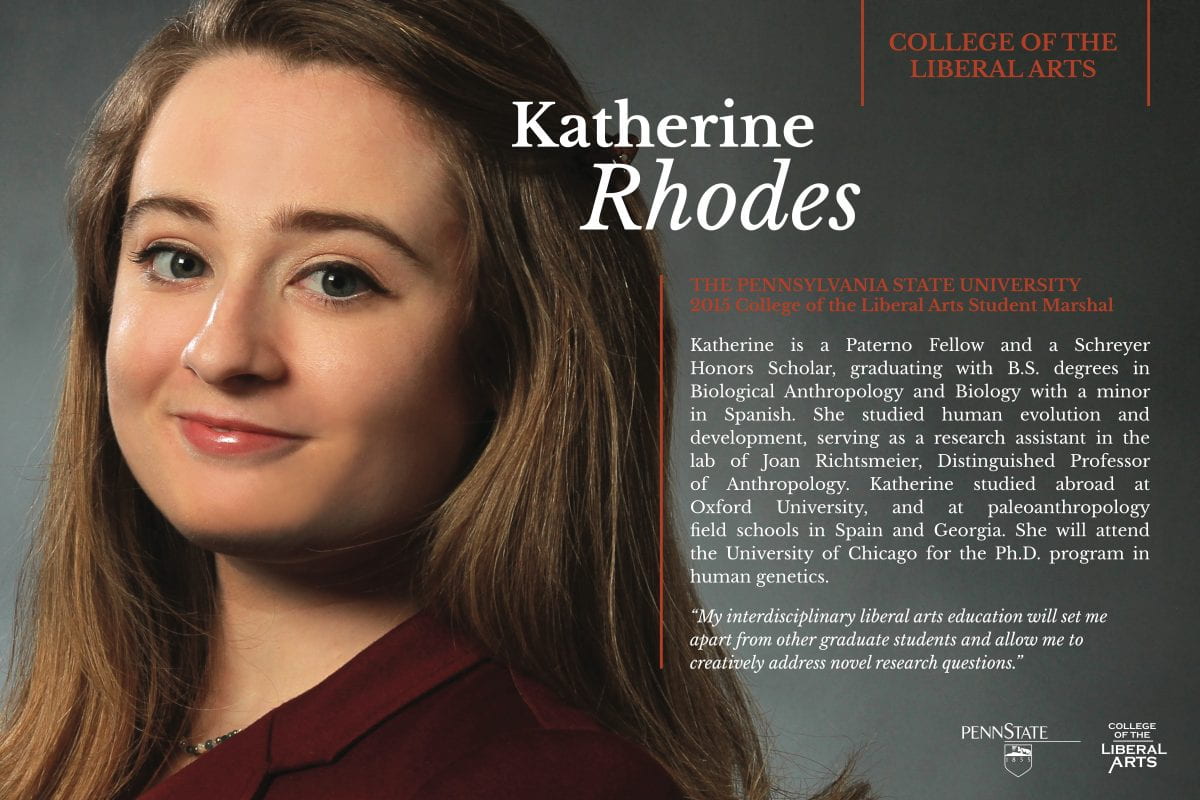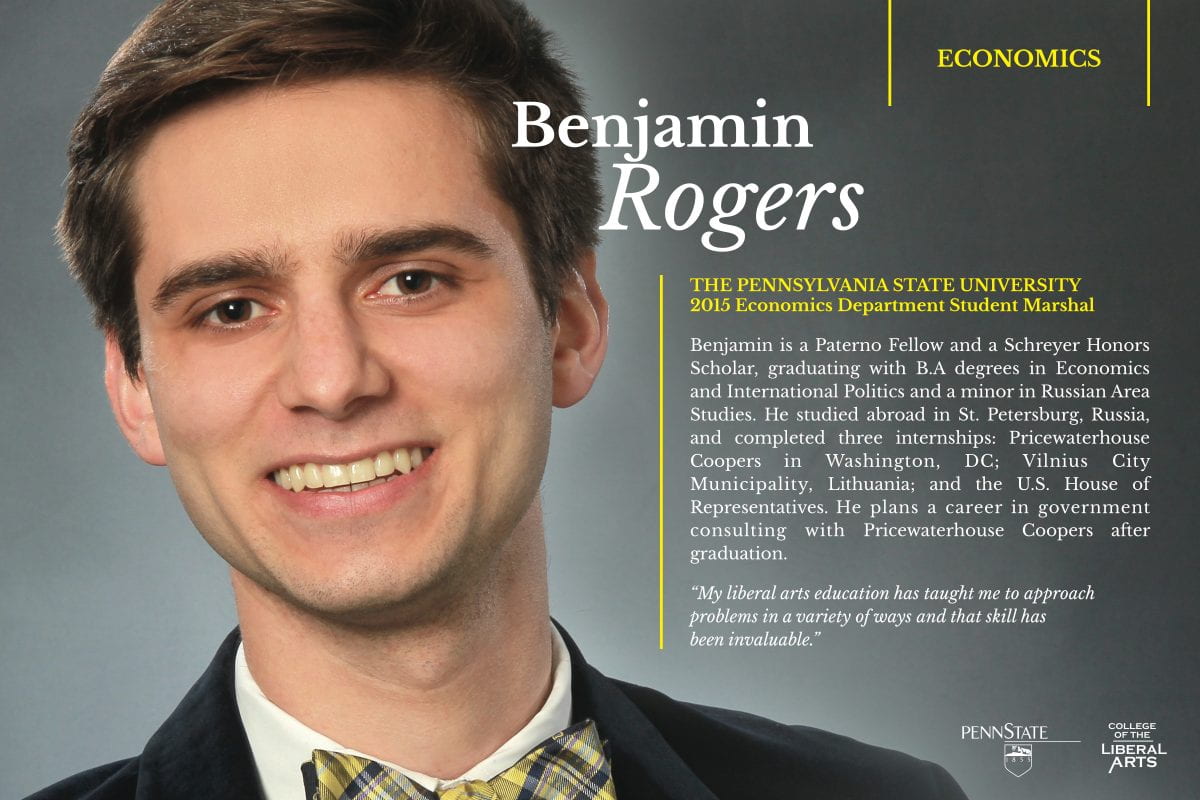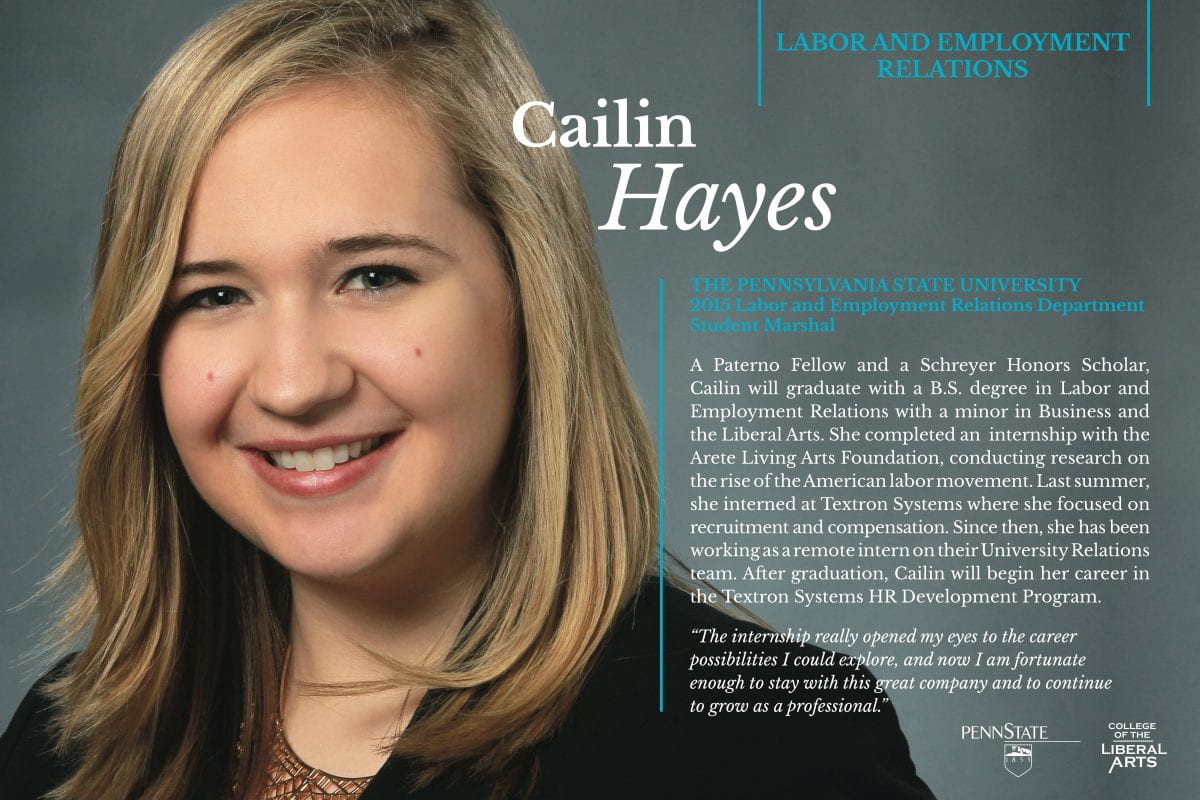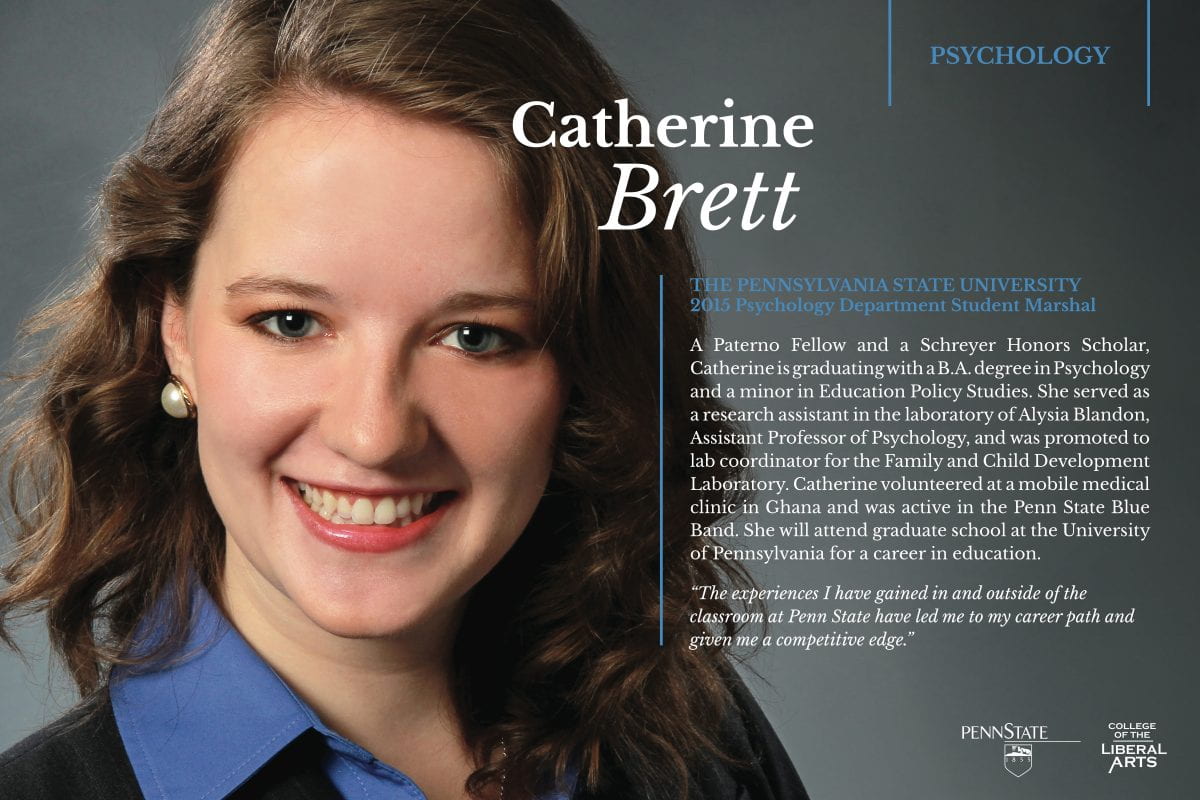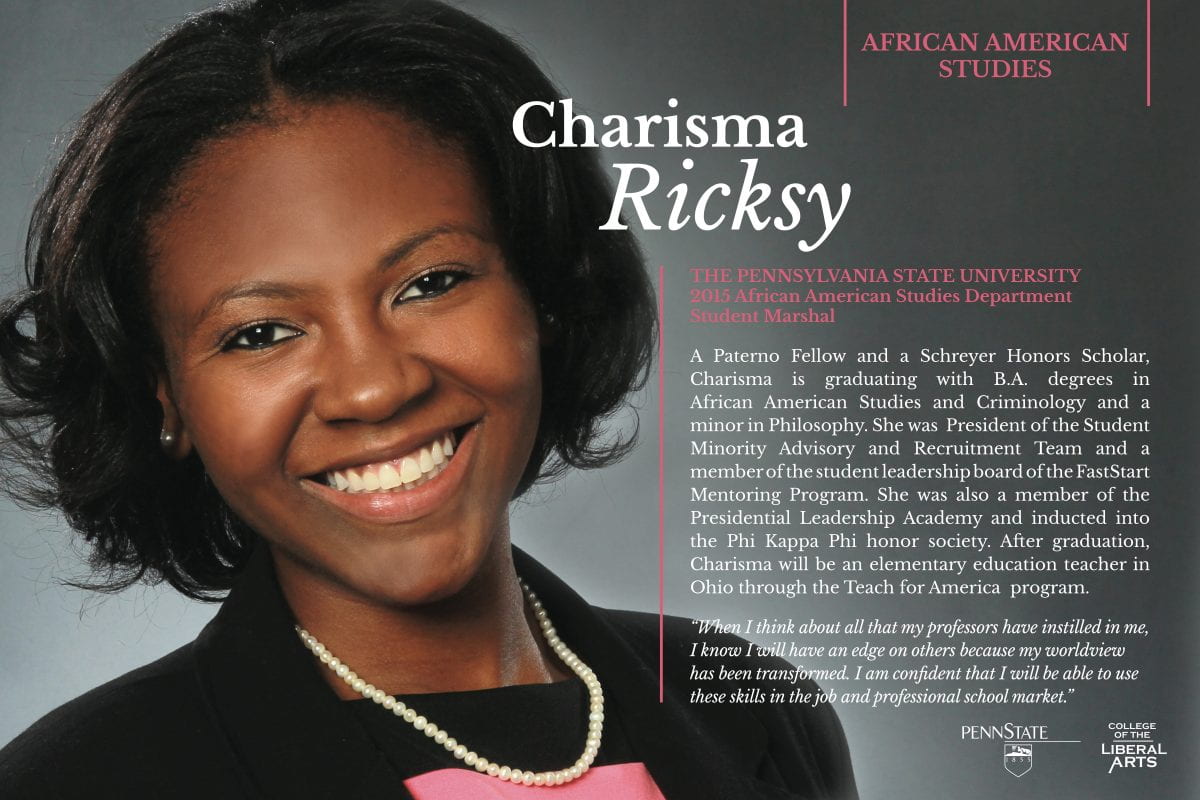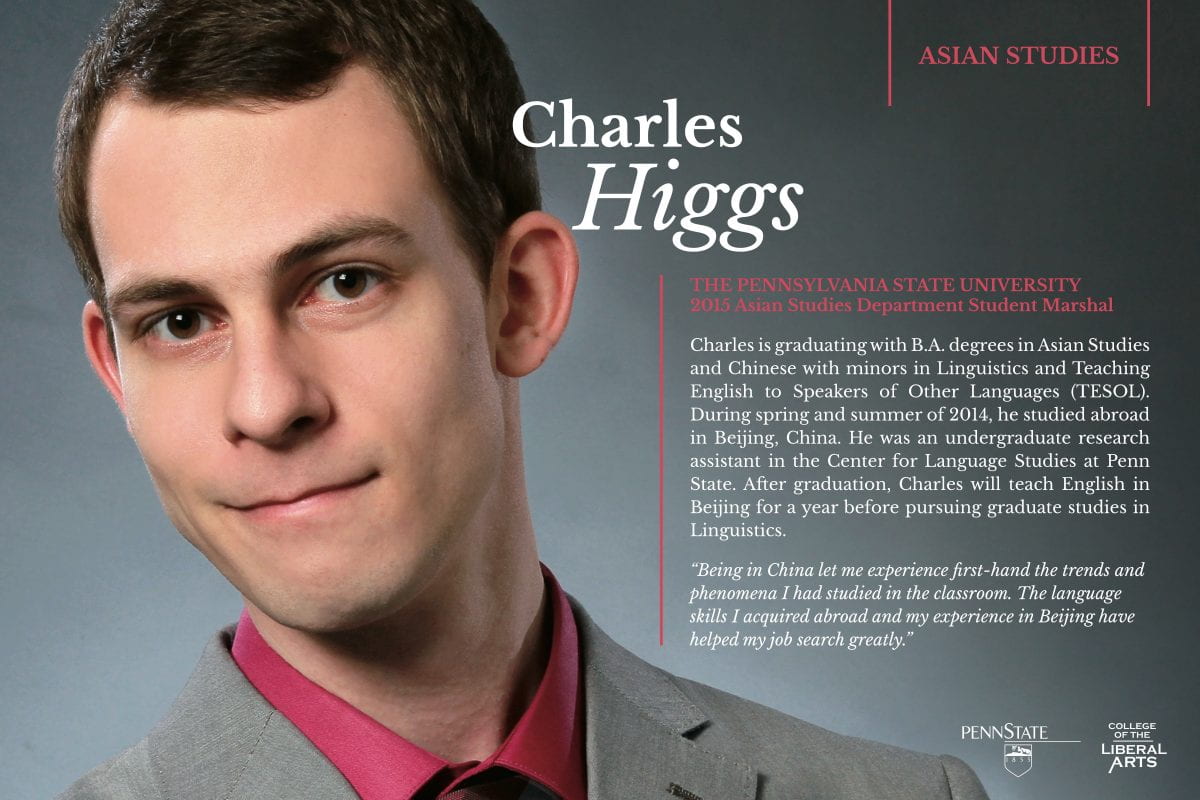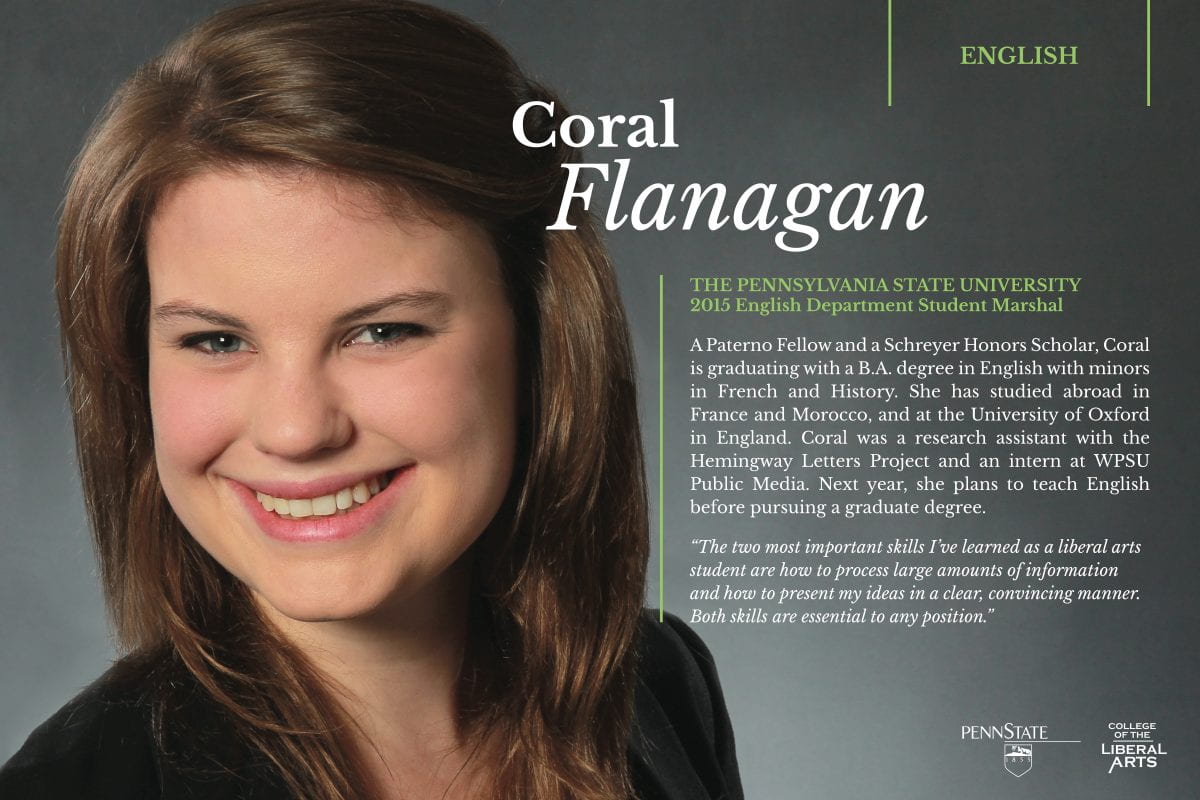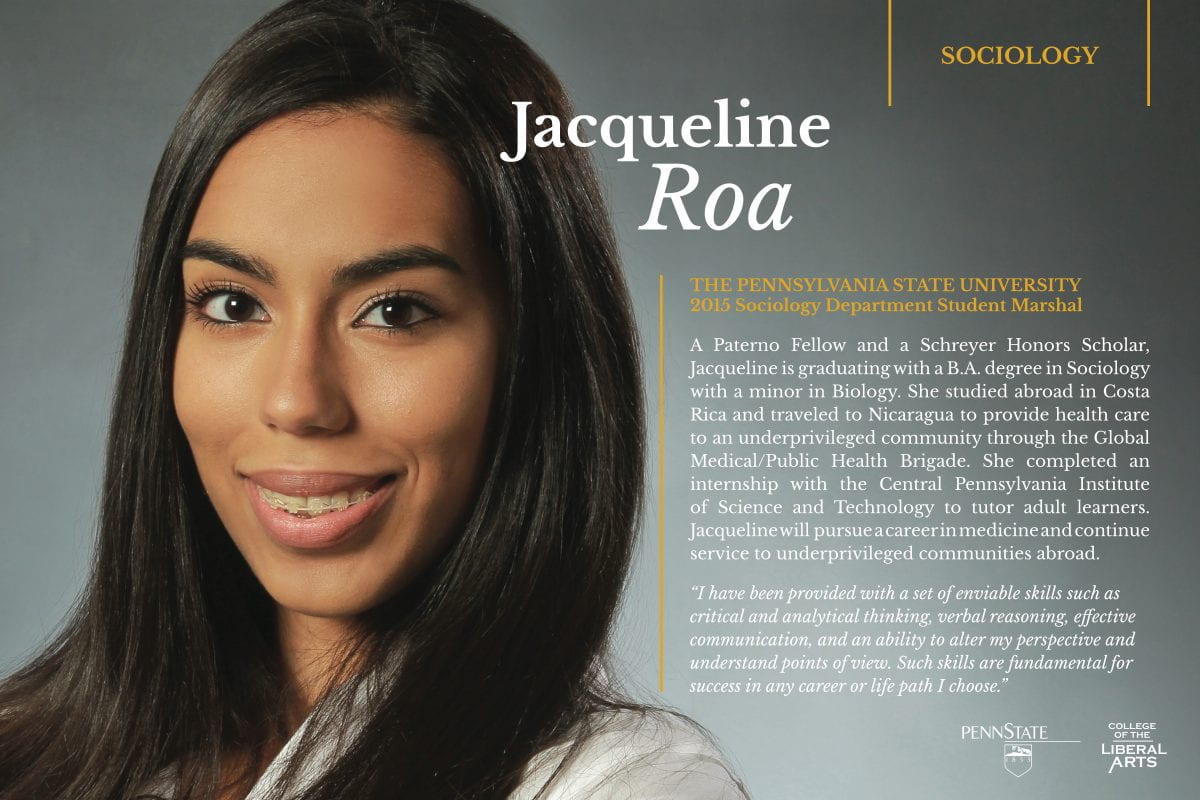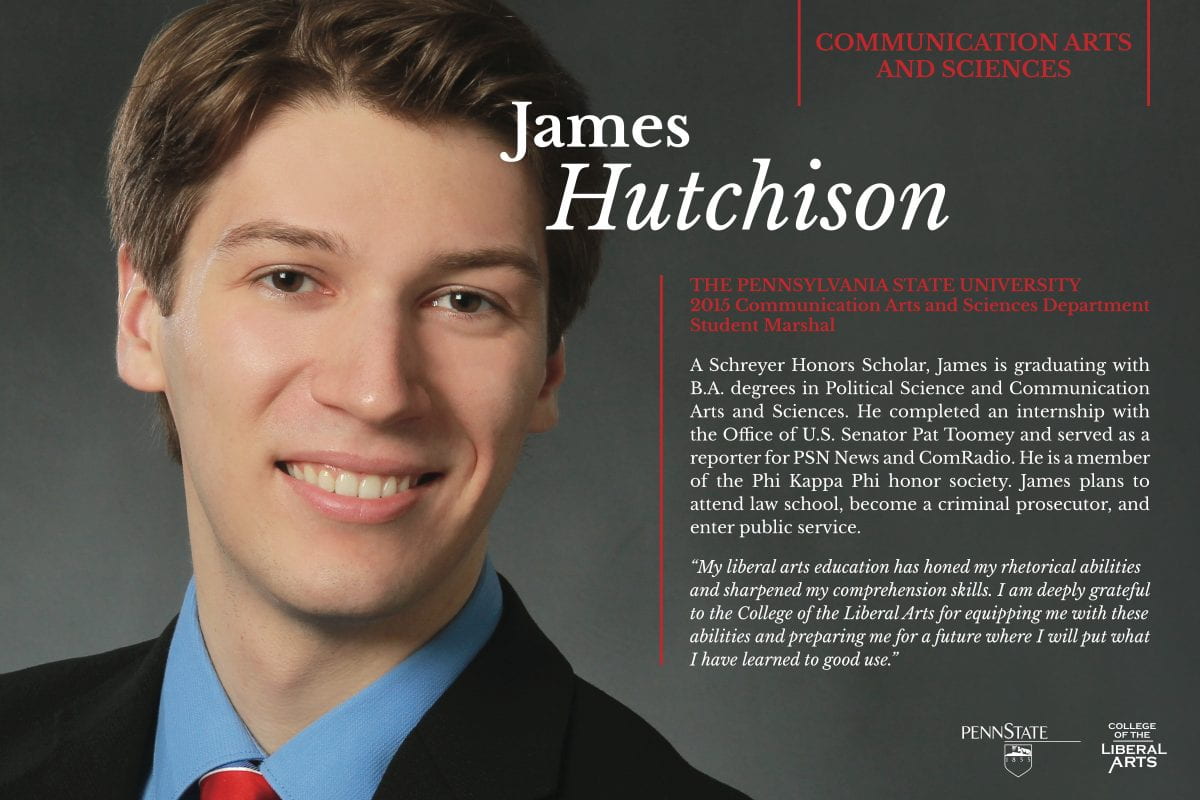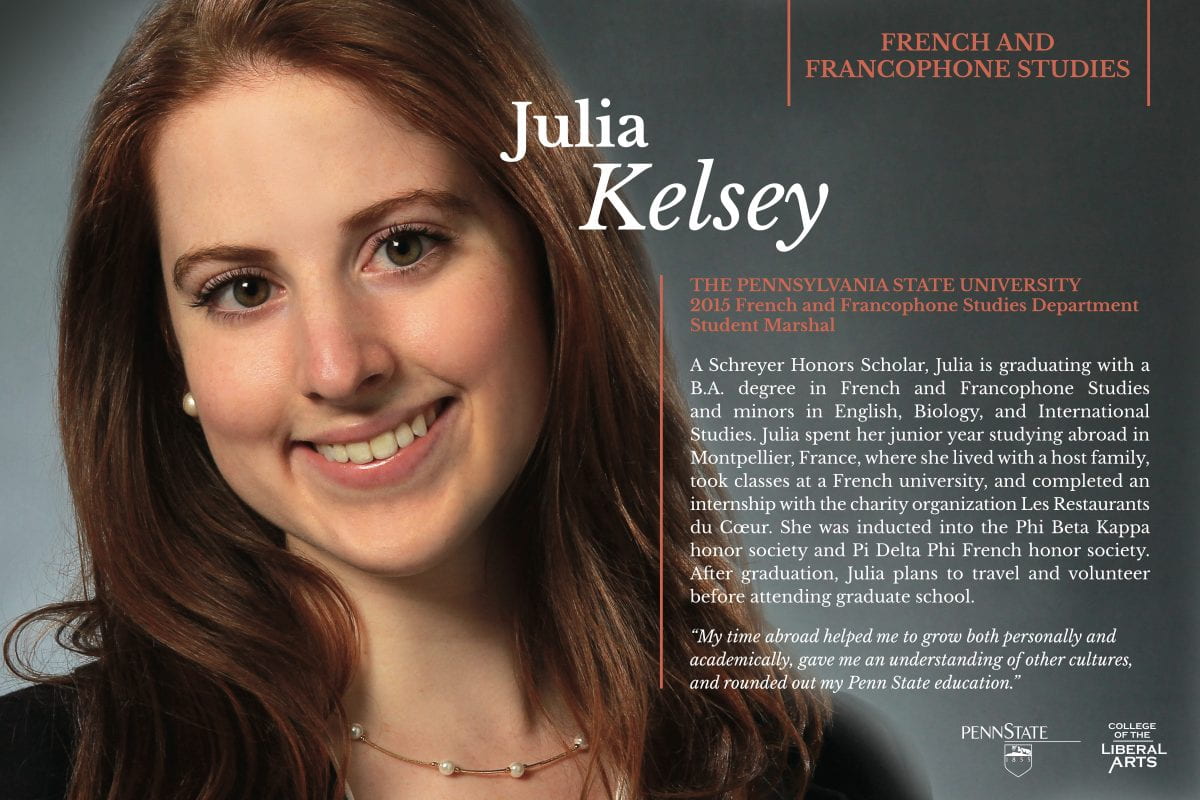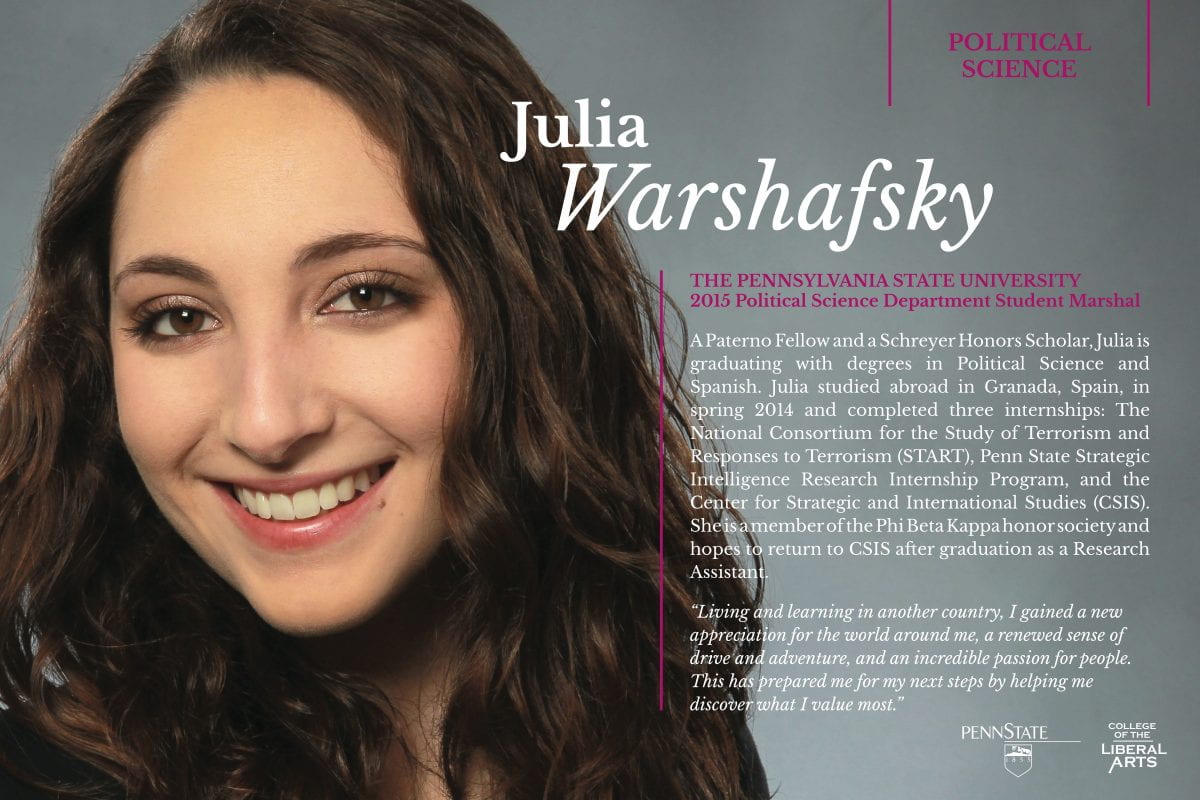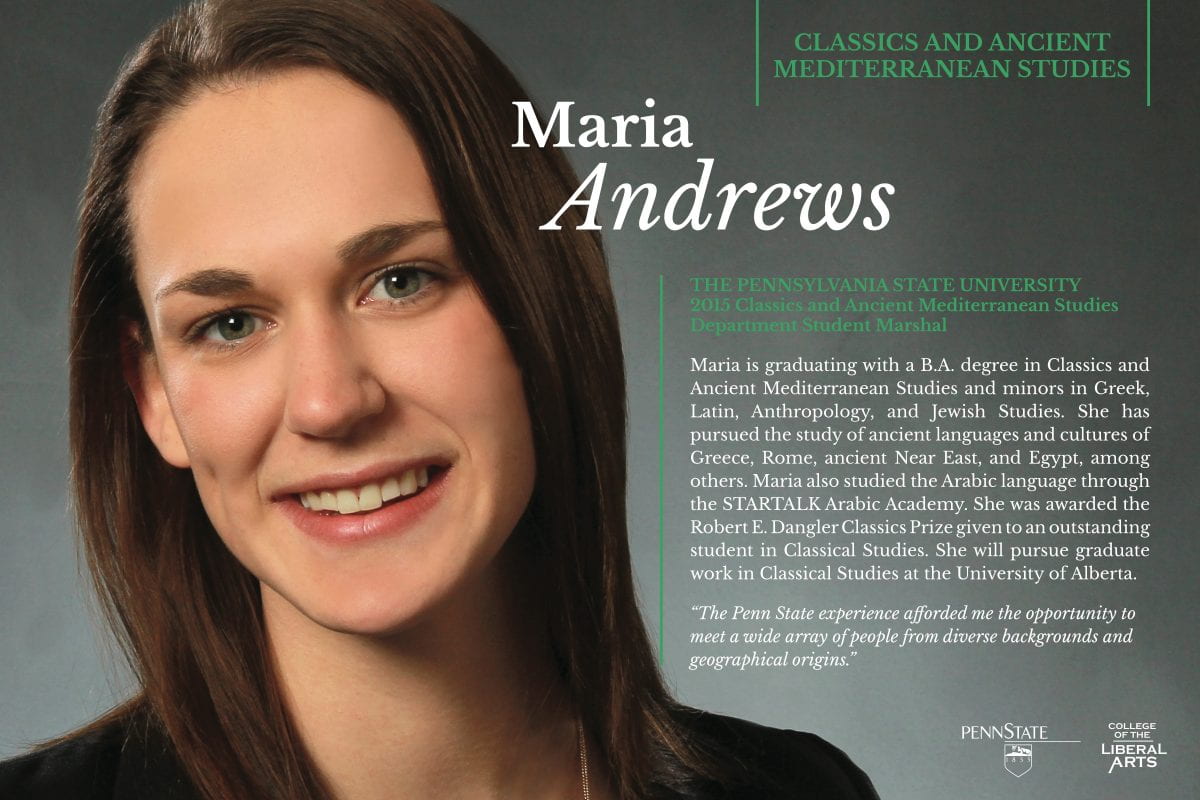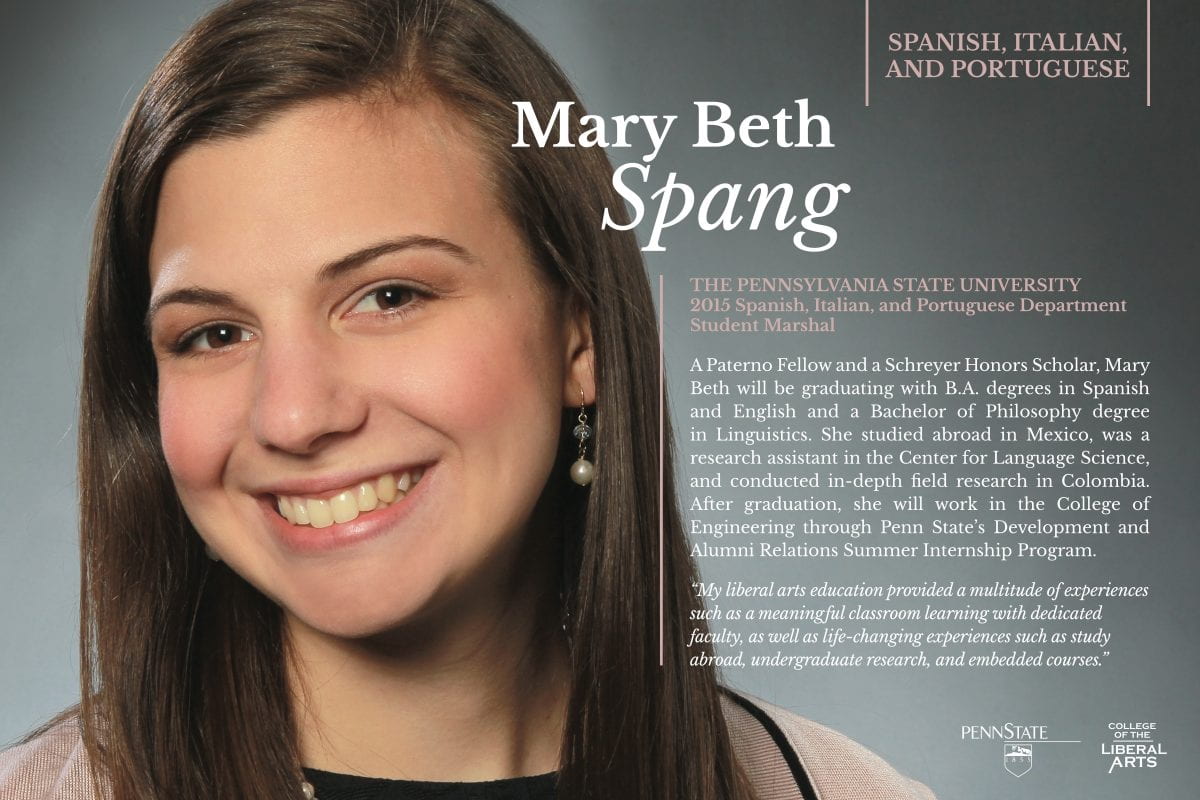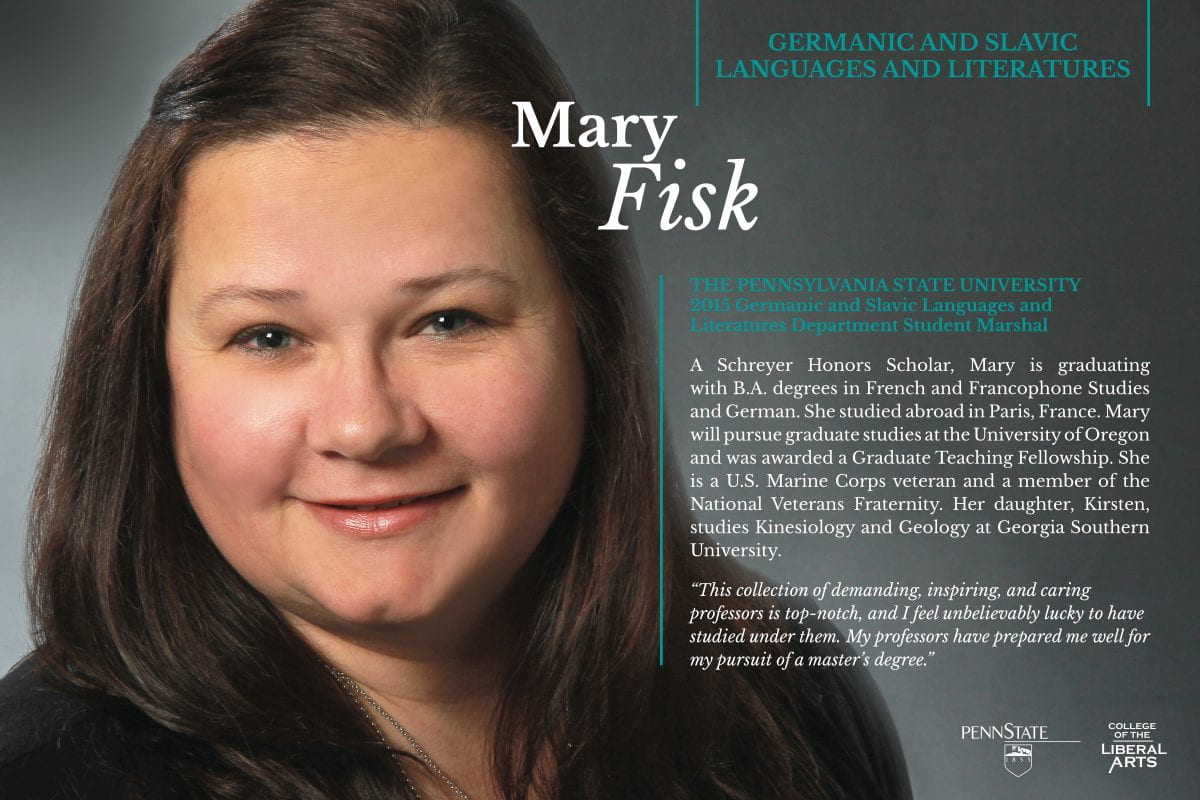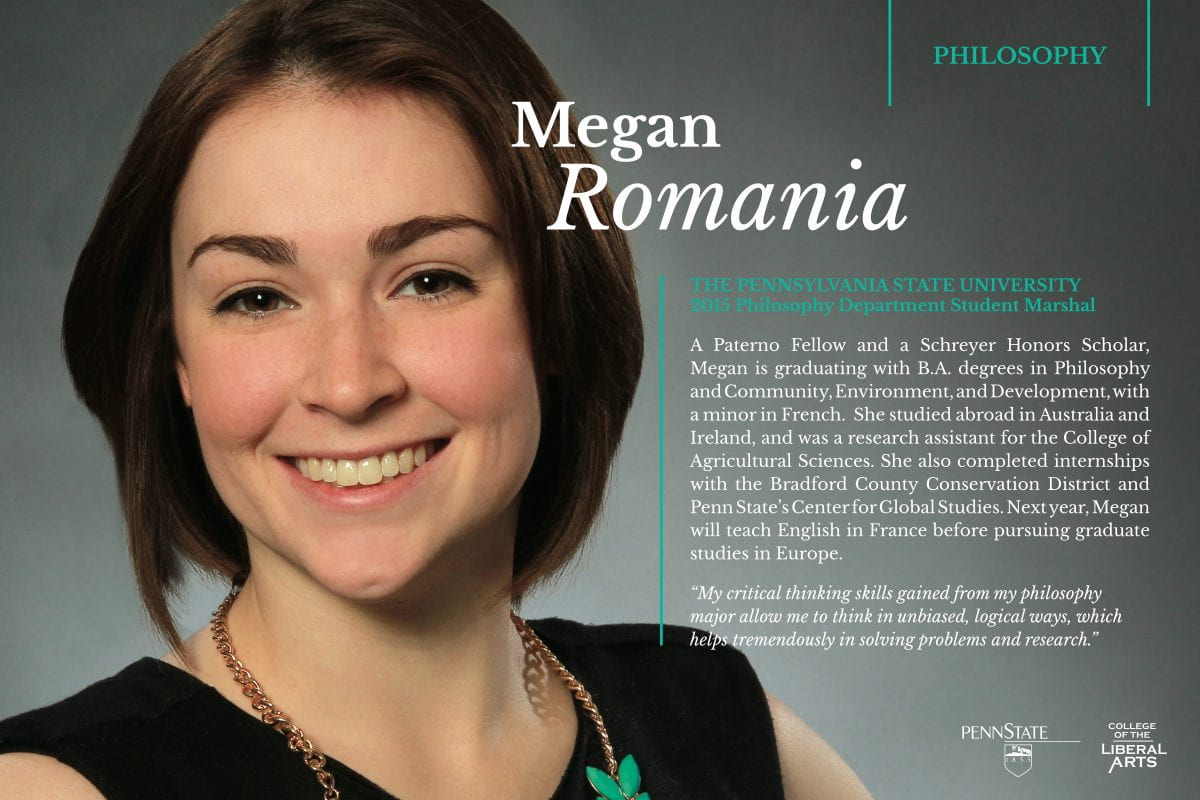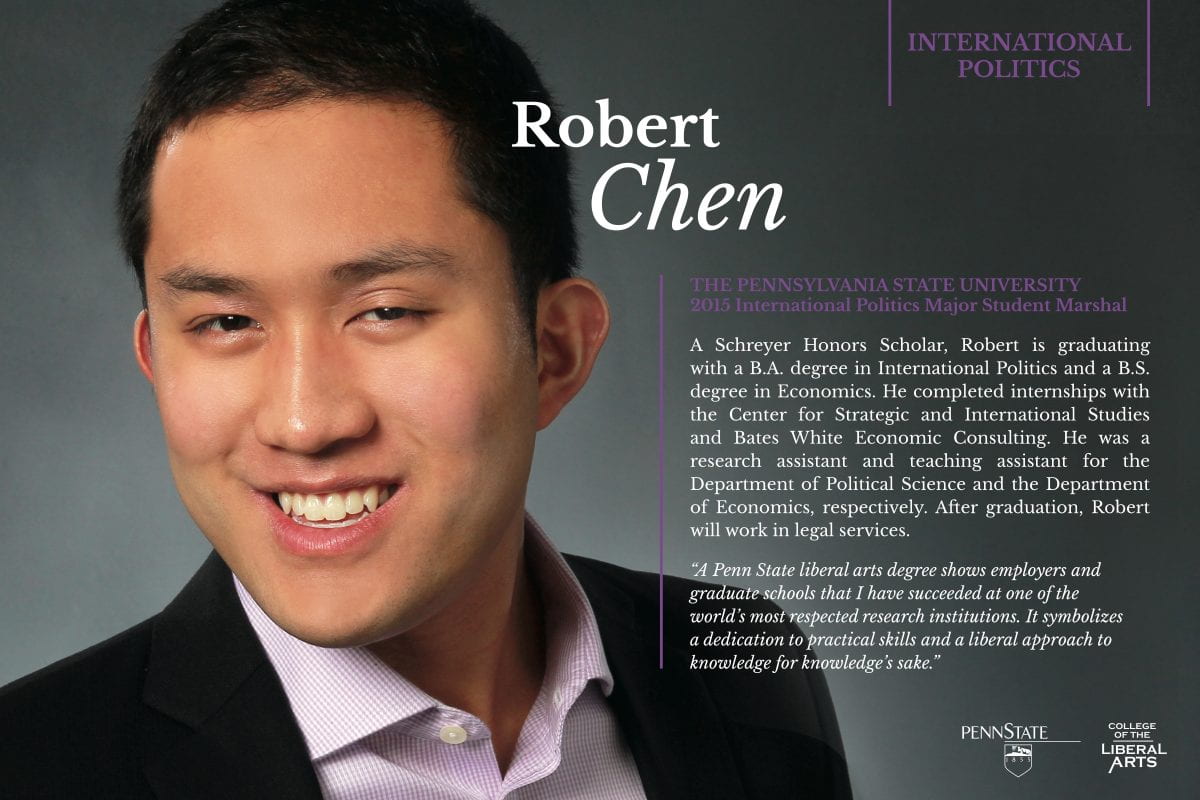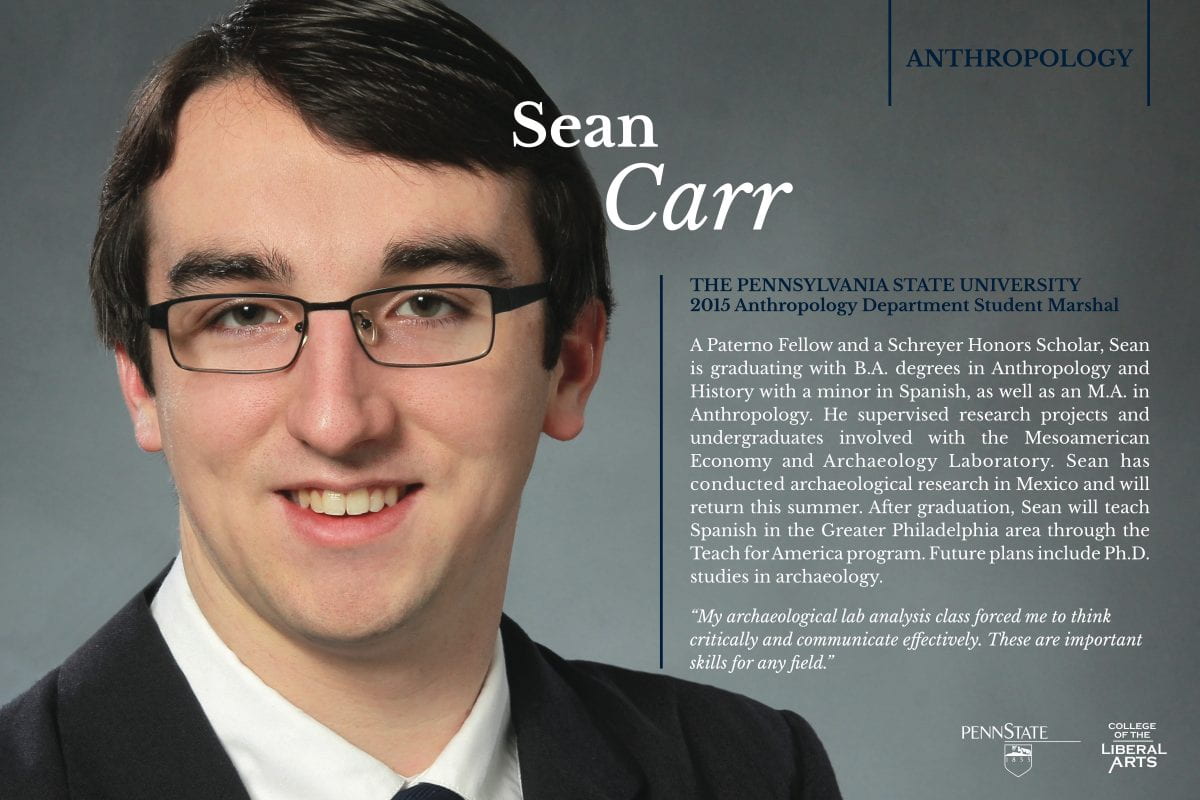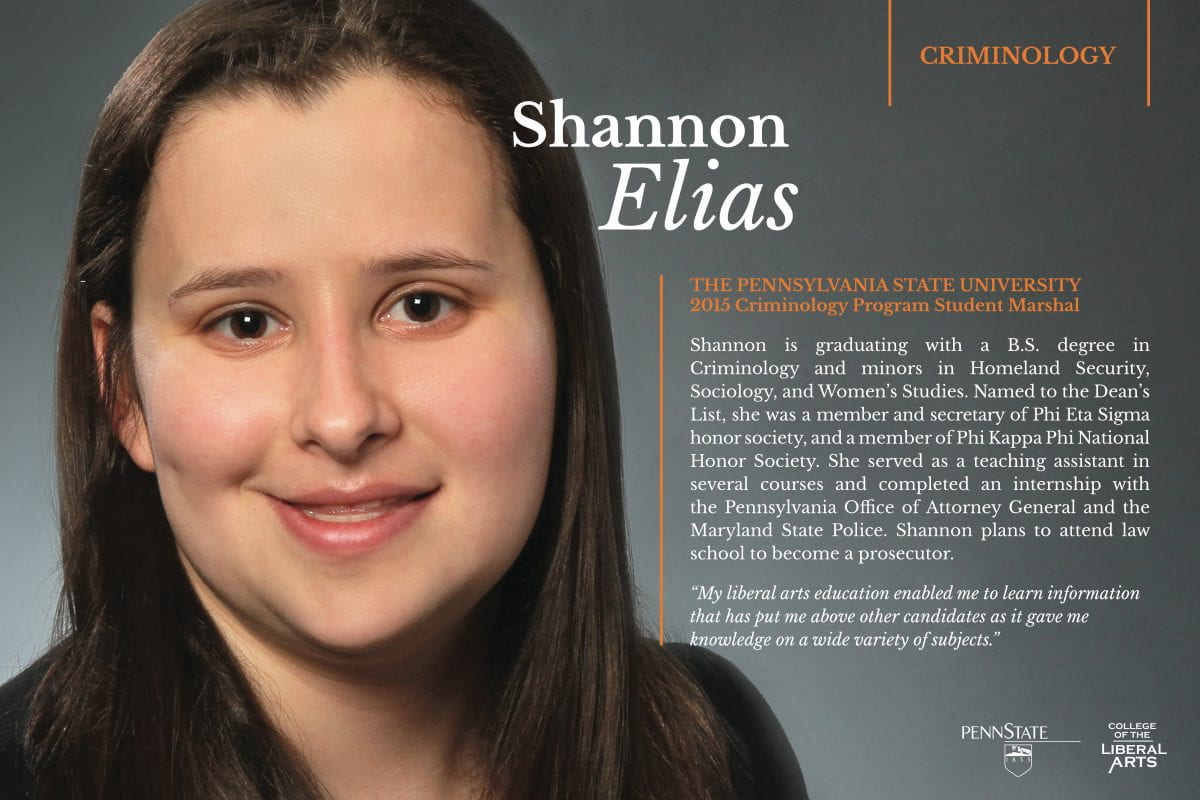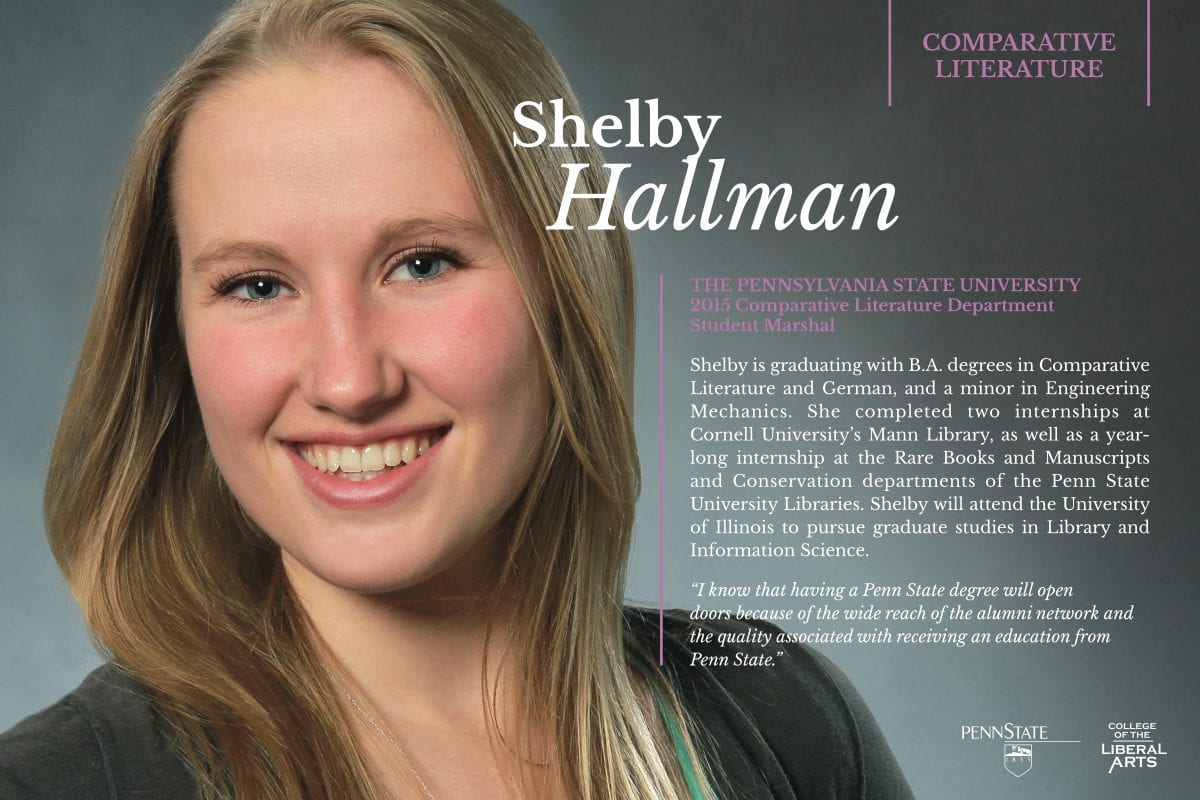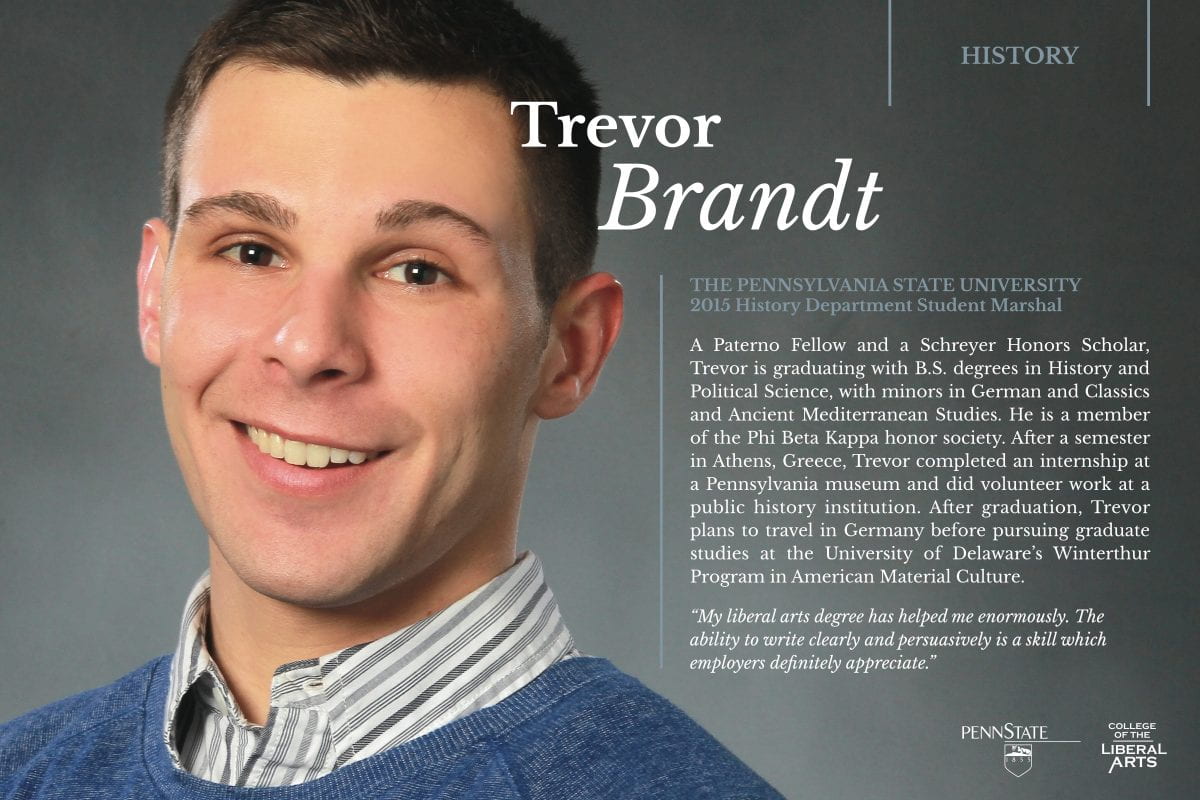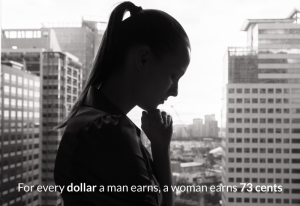Students Invited to Submit Questions to Candidates for U.S. House of Representatives
On Saturday, October 15, at 7:00 P.M. incumbent Representative, Glenn Thompson (R) and challenger Kerith Strano Taylor (D) will face off in a televised debate.
Penn State students are invited to submit questions for the candidates by sending them to: rxp65@psu.edu.
For more information on the debate, visit: http://wpsu.psu.edu/congressional-5th-district-debate/
Student Farm Initiative
Hello,
A diverse group of faculty, staff and students is making progress towards establishing an interdisciplinary, student farm at Penn State. In order to make this project the most beneficial for all students, we are conducting research about students’ perspectives and interests in sustainable food and agriculture systems.
It will be a fun and lively discussion about things that you think you or other students in the College of Arts and Architecture would most like to see happen with the farm so that we can maximize the benefits to all from this amazing project!
If you would like to participate, please contact us at tadam1004@gmail.com. The date for the College of Liberal Arts focus group will be on Tuesday, October 20th, at 6:00 PM. The location still needs to be decided but will be on campus.
Thank you so much,
Sustainable Food Systems Program, Student Farm Club and CED Club Facilitators
African American Studies Department Welcome Back/Open House
Reclaiming the P Word
Calling on African and African American female students for the upcoming production of this award winning work.
College of the Liberal Arts 2015 Student Marshals
Congratulations to our 2015 Student Marshals
Communication Arts and Sciences Annual Awards Ceremony
Online Summer Course – Intercultural Communication
CAS 271 – Intercultural Communication:
In today’s globalized world many of us are frequently in contact with people from different cultures, continents, and contexts. We start by defining culture and then, explore the various cultures we encounter in our daily lives to come to appreciate the complexity involved in intercultural exchanges. Our approach is interdisciplinary in perspective and global in outlook.
The goal is to improve students’ intercultural competence, including attitudes such as curiosity and the willingness to step beyond one’s (cultural) comfort zones, skills such as observing, listening, and analyzing in addition to being adaptable and showing empathy are a requirement to successfully complete and fully benefit from this particular course and our program in general. The objective is to provide students with a rich learning experience to enhance self-reflection, flexibility and sensitivity in intercultural communication settings that can be applied to both personal and professional environments.
You have questions? Simply contact Ines Meyer-Hoess (iah2@psu.edu)
Summer Course – ECON 315 Labor Economics
“For every dollar a man earns, a woman earns 73 cents.” Is this phrase true? Is this entire wage difference due to discrimination, or can it be explained by other factors? How are labor markets affected by unions, illegal immigration, and high unemployment? Labor Economics explores economic issues related to labor markets. Some of these topics include wage and employment laws, immigration, unions, human capital, work-leisure tradeoffs, and compensating wage differentials.
Summer courses can be a great way to catch up or get ahead in your program. Learn about all Liberal Arts summer course offerings, and find a class that fits your schedule.
Opinion: Adviser Sees Opportunity for More Civility
 Shannon Telenko is an academic Adviser in Psychology at Penn State and a PhD candidate in Anthropology at American University. For more on Shannon, see her advising page.
Shannon Telenko is an academic Adviser in Psychology at Penn State and a PhD candidate in Anthropology at American University. For more on Shannon, see her advising page.
To join the discussion, consider adding AF AM 397 to your course schedule. The one credit course titled”The Fire This Time: Understanding Furgeson,” will start in March.
In the last several months students on our campus have been peacefully protesting events in Ferguson, New York, and Cleveland where citizens were killed by police. Responses by some students on social media have been insensitive and lacking in respect for diverse opinions. Regardless of how one feels about the outcomes of these events and the reactions to them, it is important that we all listen. If we have white skin, there’s a good chance we don’t understand the issue fully or at all. That lack of understanding can make our responses sound uninformed, unkind, and one-sided.
None of us is perfect or knows the right way to respond to opinions divergent from our own at all times. If you grew up, as I did, in a place that lacked the diversity such that you find here at University Park you are likely being confronted daily with values and practices that may be unfamiliar to you. Especially if this is your first semester, you are hopefully beginning to see the diversity the world has to offer on multiple levels. It is normal to feel overwhelmed in this whether you have come from a small town in rural Pennsylvania or from a large international city like Beijing. College affords us the opportunity to learn new ways of living life in the safety of a community where we are all learning together. As part of that community, we have a responsibility to learn from one another and to respect one another.
I have closely studied race relations in central Pennsylvania yet am not immune to making mistakes or finding myself in uncomfortable situations where I may not know how to react. While doing ethnographic research several years ago, I had to learn quickly and on-the-ground how to develop rapport with families who were new to central Pennsylvania and in many cases did not trust someone with my white skin, because of their past experiences and current situations with their neighbors, landlords, and caseworkers. It made sense to me that these families might not want to talk to me at first so I had to be patient and avoid making anyone feel like all or any of my questions had to be answered during my visits in their families’ homes.
As an academic adviser in the College of the Liberal Arts I must also build rapport with my students, and occasionally I am met with a student who challenges me to think more broadly about how I might establish the most beneficial student-adviser relationship. In my work as an adviser, I have been challenged by students who think I am treating them differently or unfairly because of their race. When something like this happens, it certainly catches me off-guard. I know that I am not a racist person. As an adviser I am working within the academic policies and requirements to do what I can to help my students make the most of their time at Penn State. What may be leading a student to believe that I am treating them unfairly are a history and an experience that I, as a white person, do not have to deal with on a daily basis. Scholars who research race write about racial battle fatigue, which gives name to the buildup of what Derald Sue has termed microaggressions. Microaggressions can be racially-charged messages delivered through subtext and implicitness and usually in an innocent and unknowing way. The messages could be in regard to someone’s hair texture or accent or lack of accent. They might be comments about how “eloquent” someone speaks or how an individual is “not like” other people in a socially constructed racial category. A microagression could even be the way a tone of voice is interpreted. The point is that microagressions accumulate and may lead a person of color to feel exhausted at the end of the day, the week, the month, and over an entire lifetime.
The idea of microagressions and the impact they can have on people of color challenges me to think critically about how I respond to students who accuse me of treating them unfairly on the basis of race. Our gut reaction might be to say or to think we are not racist but explaining to someone that what they think is racism is not racism is not helping the situation but adding to that individual’s lifetime of defending her perspective and struggle. When we say to fellow students, colleagues, and friends of color, “What I just said was not racist,” or even, “Not all cops are bad,” we are not being supportive of a marginalized history and voice, and we are adding to the fatigue of those acquaintances. Rather than making attempts to placate and ignore the sentiments, we can try to affirm them by saying, “Oh my. I didn’t realize that this situation could make you feel that way. Please say more about this. I want to understand.”
There is great value in the protests we have witnessed on our campus. The protests are opportunities for all of us to reflect on the relationships we have with one another, practice empathy, and to contribute to constructive dialogue. The lack of civility in the social media conversation around these protests would improve if we each took the time and made more of an effort to listen to and understand the myriad voices in our campus, nation, and world.
- 1
- 2
- 3
- …
- 6
- Next Page »

